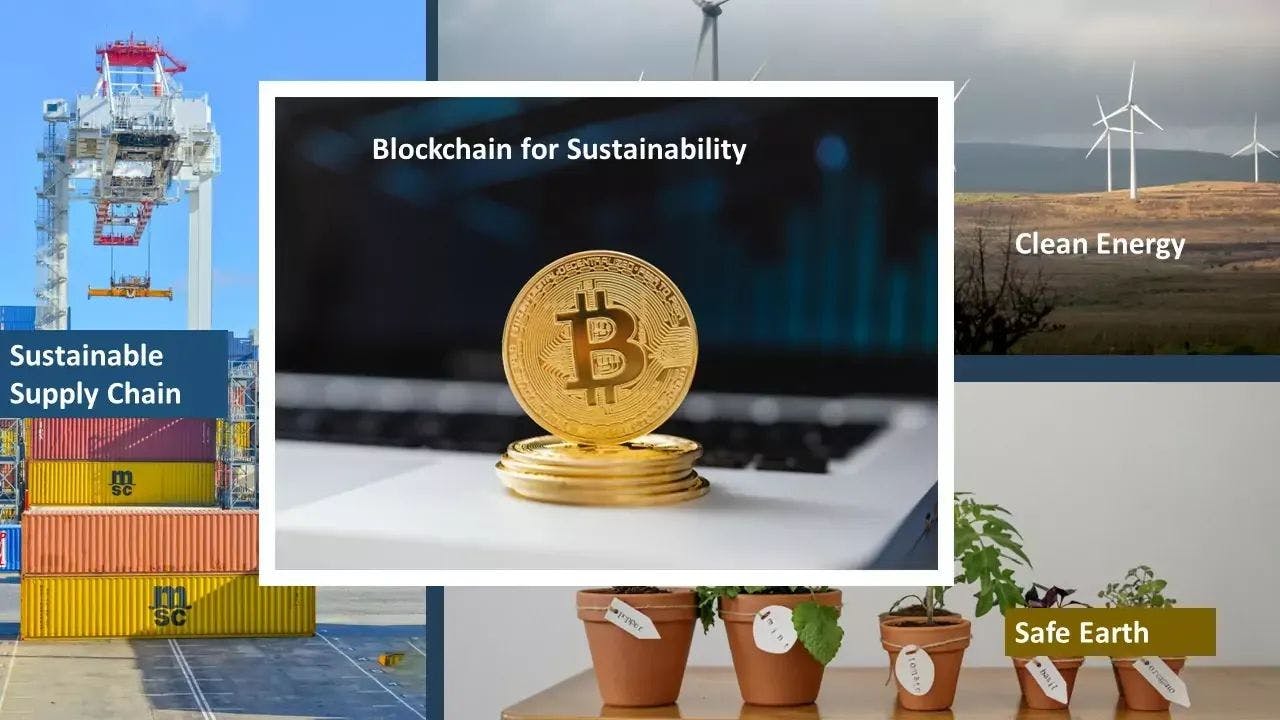307 reads
How the Blockchain Can Help Us Build a More Sustainable World
by
October 24th, 2022
Audio Presented by

My name is Stylianos (Stelios) Kampakis and I am a data scientist.
Story's Credibility

About Author
My name is Stylianos (Stelios) Kampakis and I am a data scientist.
